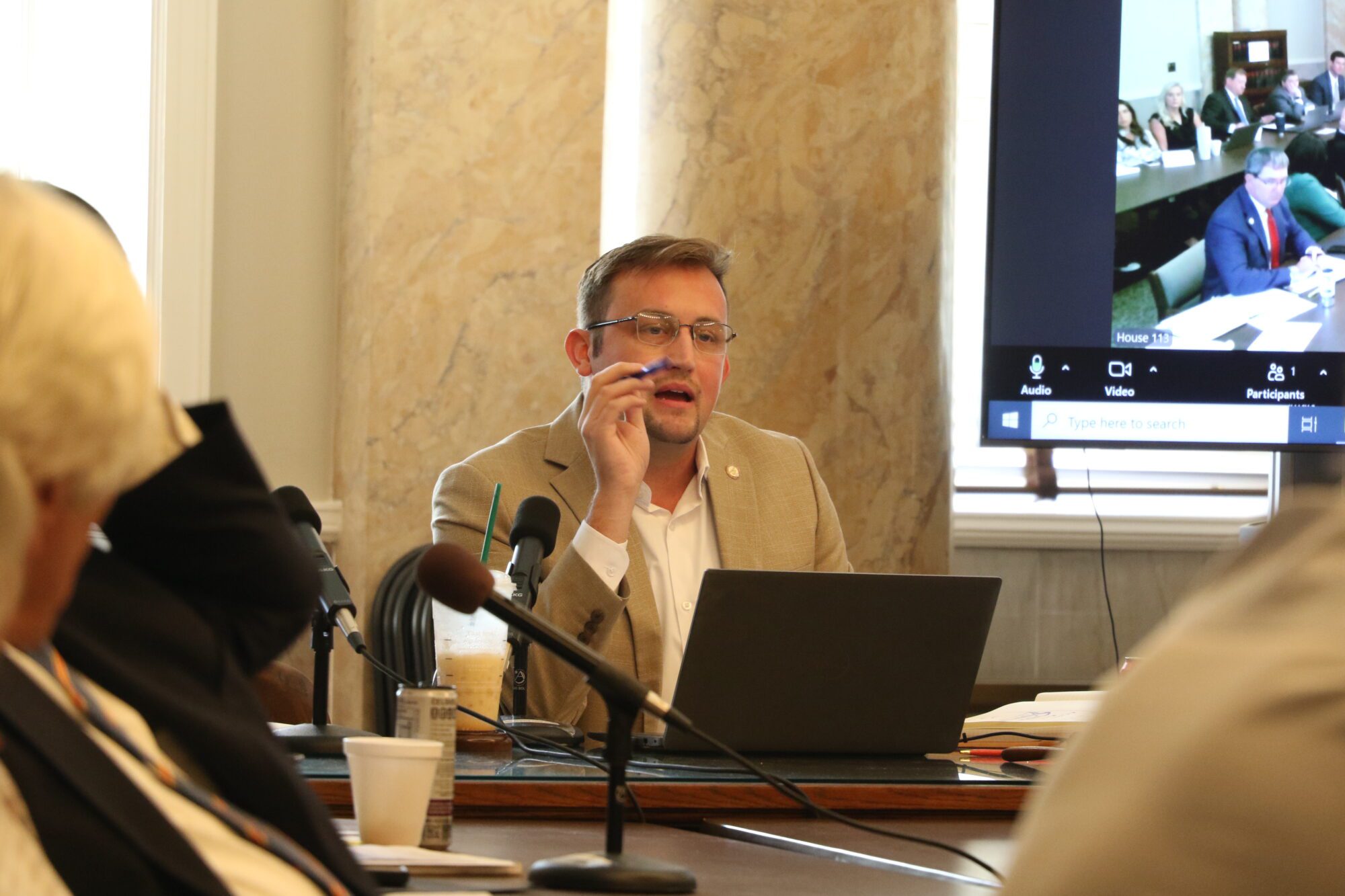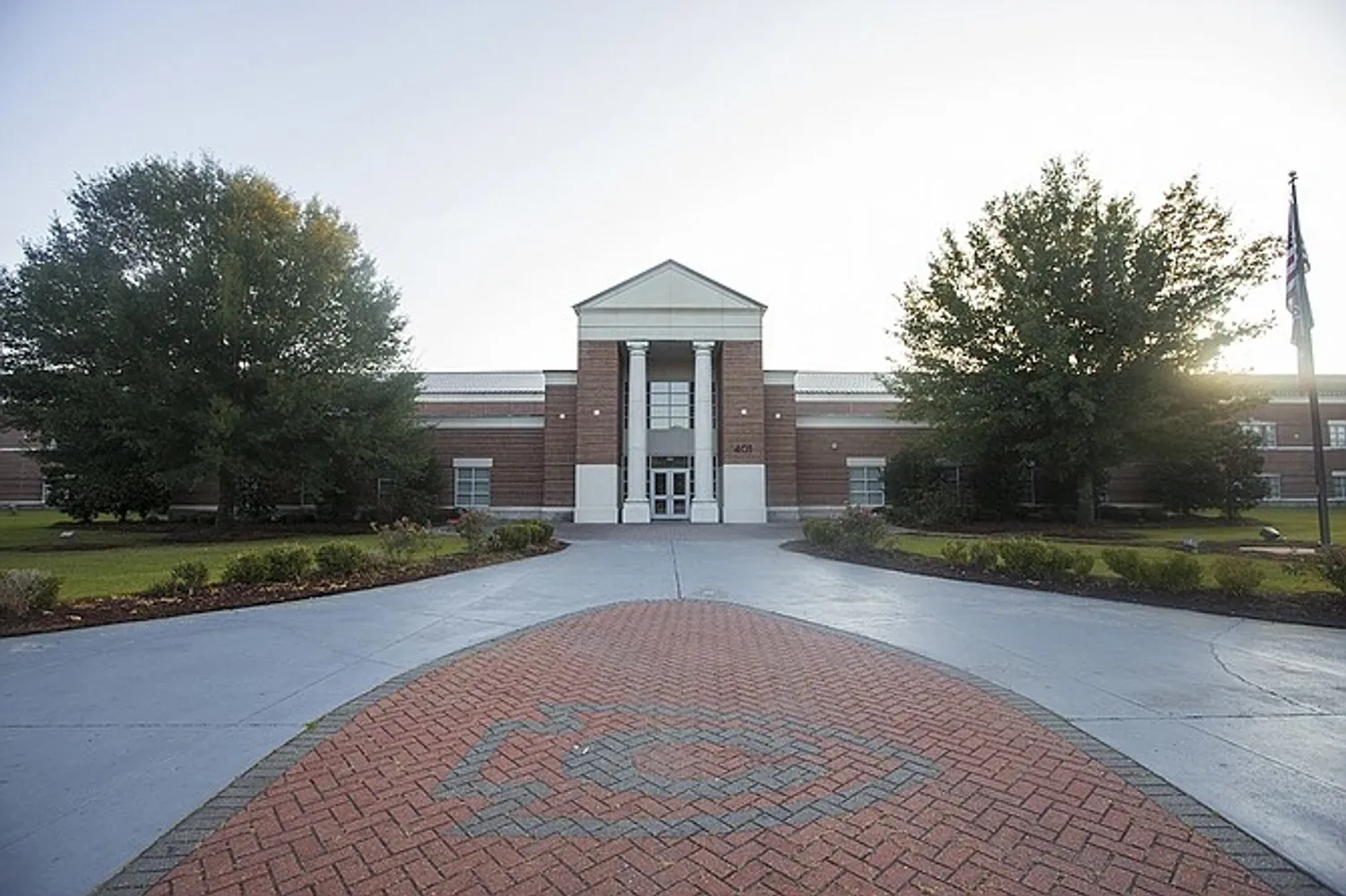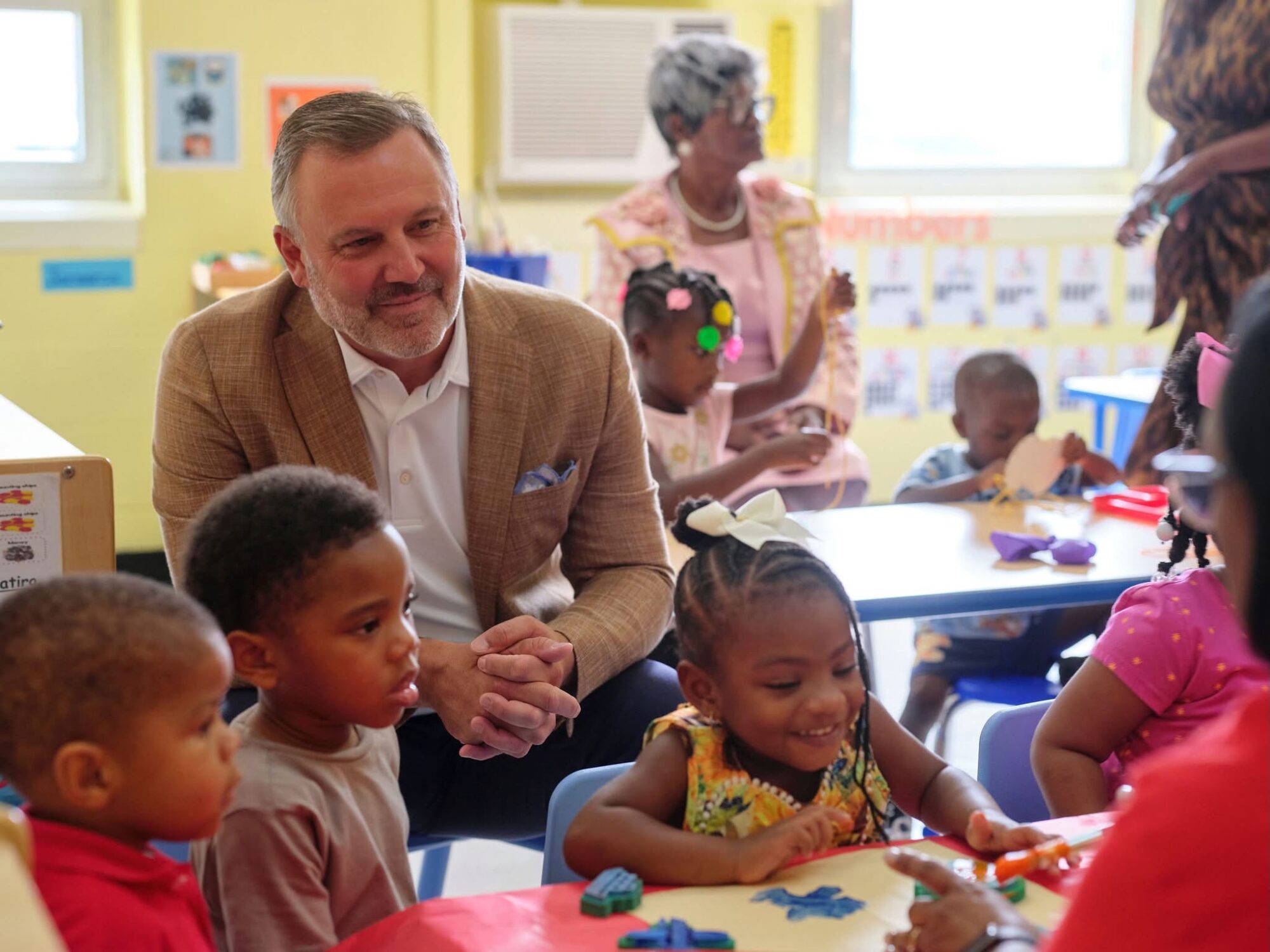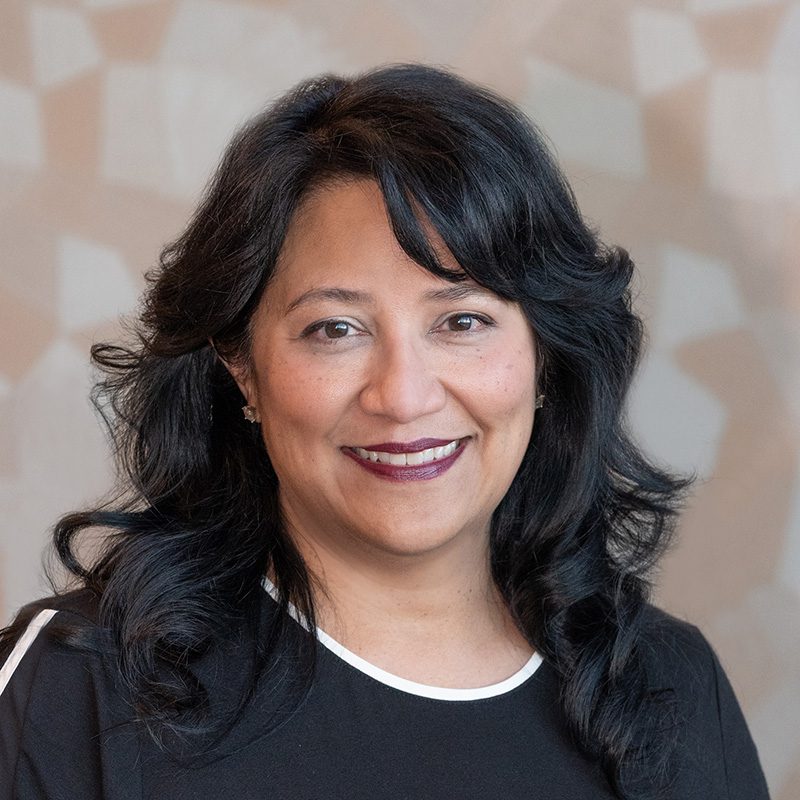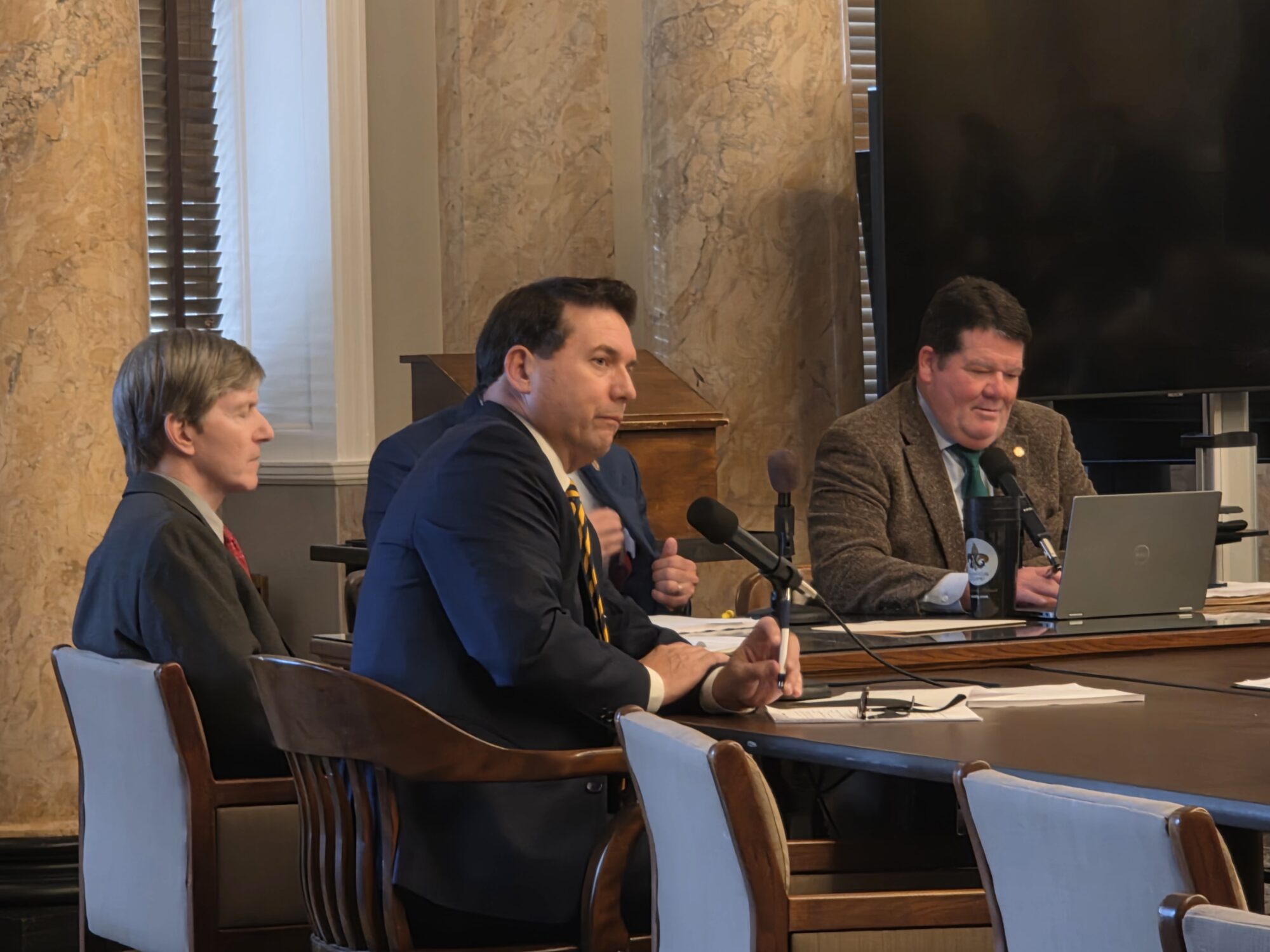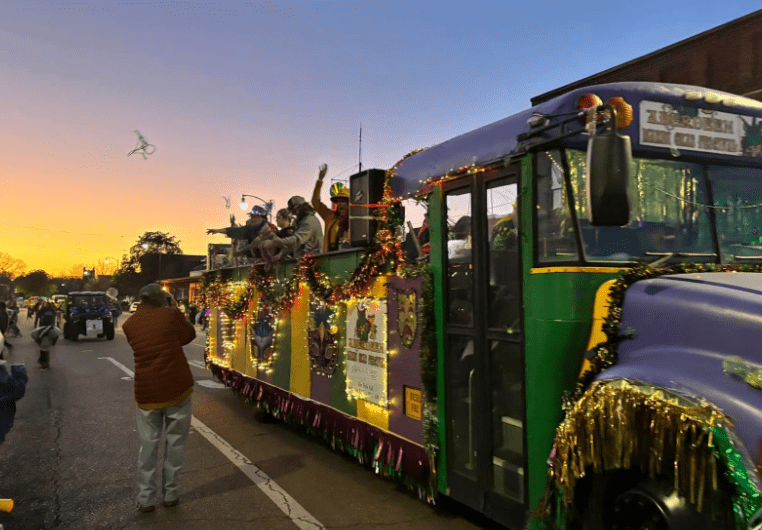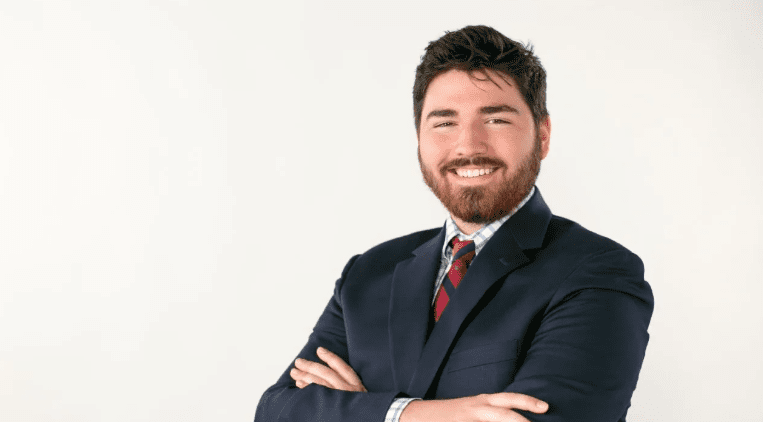
Sid Salter
- Columnist Sid Salter writes that the very idea of a shared national identity feels increasingly out of reach.
The hard, cold truth is that trust in our nation’s institutions is at a historic low. We don’t trust each other, know each other, or particularly like each other.
Walk into any coffee shop, tune into cable news, or scroll through your social media feed—and you’ll find Americans less sure than ever that their government, the media, or even whether their neighbors have their best interests at heart. The result? A country increasingly divided, locked in political stalemate, and at risk of losing something fundamental: our shared sense of purpose.
Not so long ago, most Americans believed that, even if things weren’t perfect, their institutions—Congress, the Supreme Court, the press—were working toward the common good. But over the past two decades, that faith has steadily eroded.
According to surveys by the Pew Research Center, the percentage of Americans who say they trust the federal government to do what’s right “just about always” or “most of the time” has plummeted from over 70% in the 1960s to about 20% today. Even state and local governments, once thought immune to national squabbling, have taken a hit.
The Pew Charitable Trusts reports that trust in institutions now sits at historic lows—not just for the government, but for banks, churches, the media, and even the scientific community. These findings aren’t just numbers on a graph; they are a daily reality that colors every debate, every election, and every dinner table conversation.
Take the COVID-19 pandemic. Pew’s studies found stark divides in how Americans viewed health officials, scientists, and government mandates. The same data showed that political affiliation now predicts trust almost as much as personal experience. In another Pew survey, only about 36% of Republicans and Republican-leaning independents expressed a “great deal” or “fair amount” of trust in medical scientists, compared to 74% of Democrats and Democratic leaners. This gap widened throughout the pandemic.
Mainstream news coverage echoes these findings. Headlines from The New York Times to The Wall Street Journal chronicle the fallout: protests against election results, doubts about the integrity of the courts, and a growing chorus of voices questioning the legitimacy of almost every institution.
Social media, despite its promise of connection, has fueled conflict. Platforms like Facebook, X (formerly Twitter), and TikTok have become echo chambers where distrust grows. False stories, viral conspiracy theories, and partisan memes spread faster than facts. A Pew Research Center report on social media’s impact found that two-thirds of Americans believe the information environment makes it harder to know what’s true—feeding skepticism and, ultimately, division.
Local news outlets, once a trusted source, now fight uphill battles to convince readers that they’re not just another partisan mouthpiece.
All this mistrust doesn’t just make for noisy headlines and online spats—it has real consequences in the halls of power. When Americans no longer believe in the honesty or competence of their leaders, compromise becomes a dirty word.
Gridlock takes hold, with politicians more afraid of betraying their base than of failing to solve real problems. Lincoln said: “A house divided against itself cannot stand.”
But a home that doesn’t trust its own foundation is in even greater peril. The current climate has made it nearly impossible for lawmakers to reach across the aisle. Every issue, from school funding to climate change, is filtered through a lens of suspicion.
The erosion of trust isn’t just a political problem—it’s a societal crisis. When we doubt everything, we lose the ability to work together, to extend empathy, to build bridges. The very idea of a shared national identity feels increasingly out of reach.
Restoring trust won’t happen overnight, but it begins with demanding transparency, supporting credible journalism, and refusing to let cynicism prevail.
America’s institutions aren’t perfect—but they’re ours. If we want a future that’s more united than divided, we must recommit to the demanding work of rebuilding trust, one conversation at a time. The only thing more dangerous than a broken system is a broken spirit. It’s time to mend both—before the cracks become impossible to repair.
